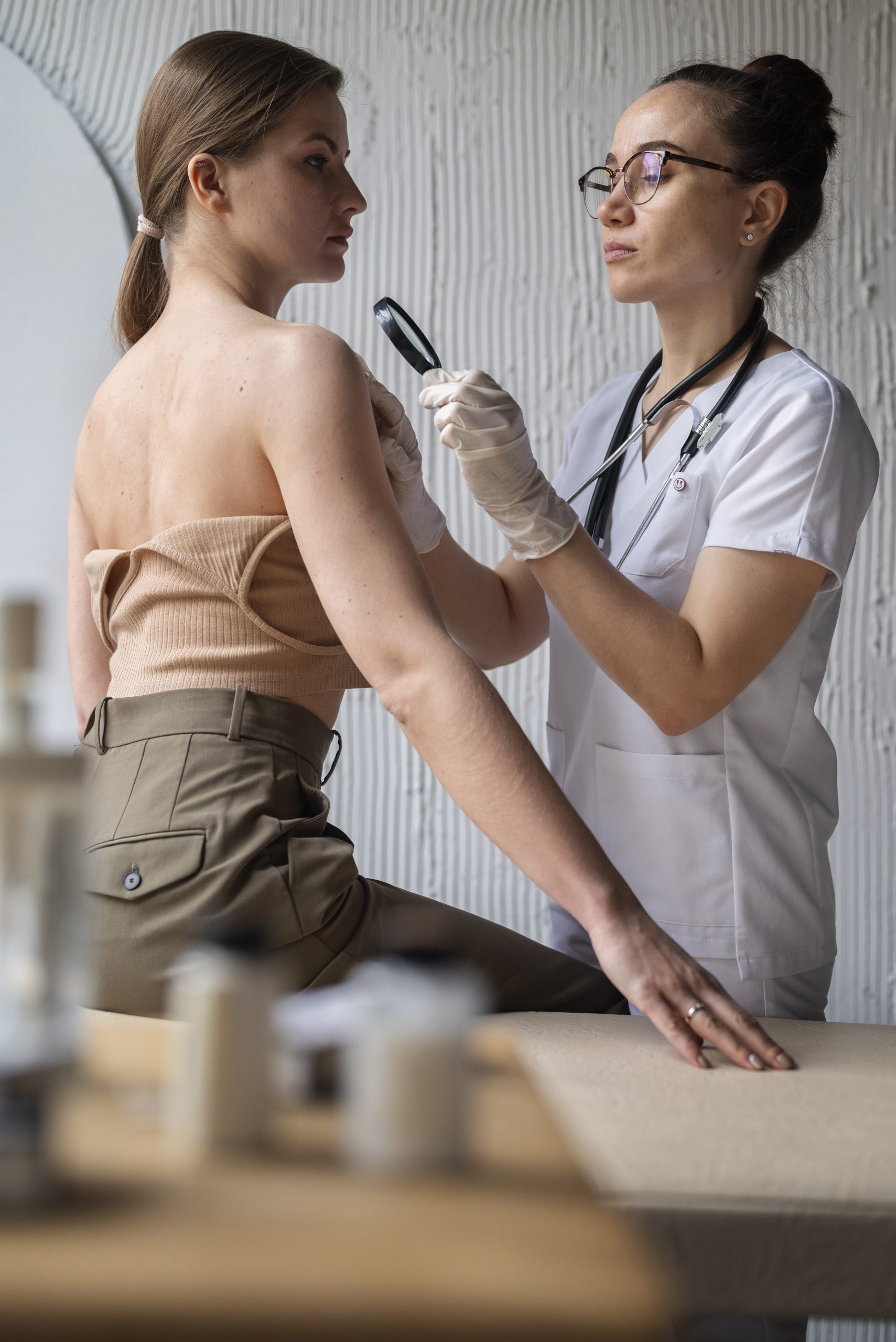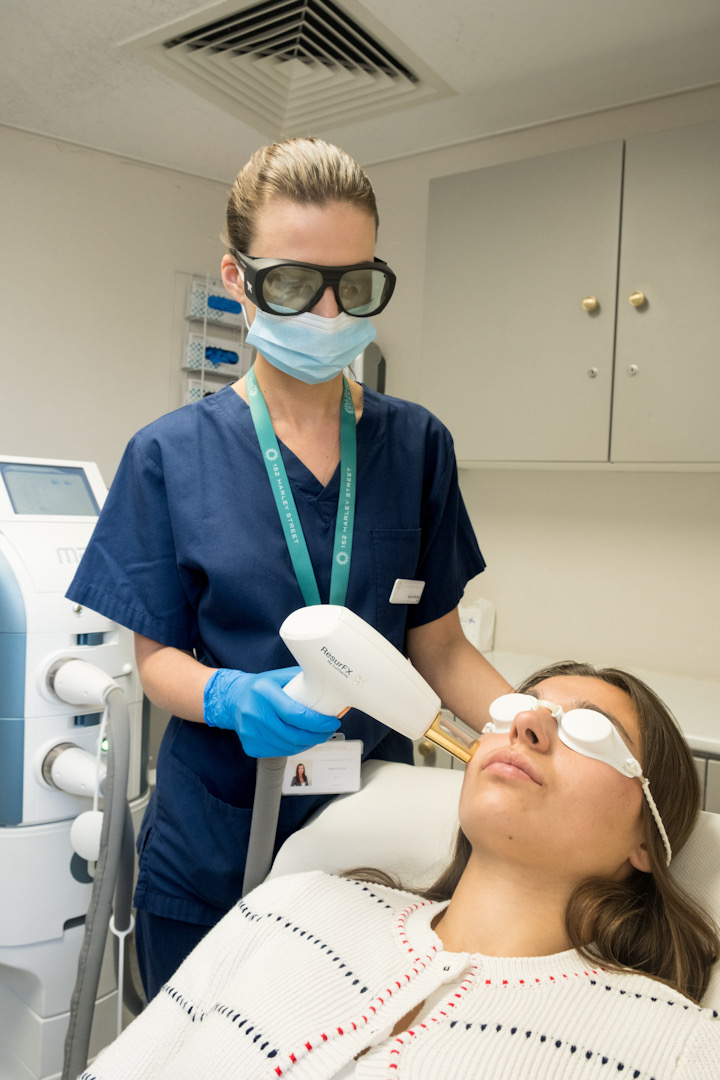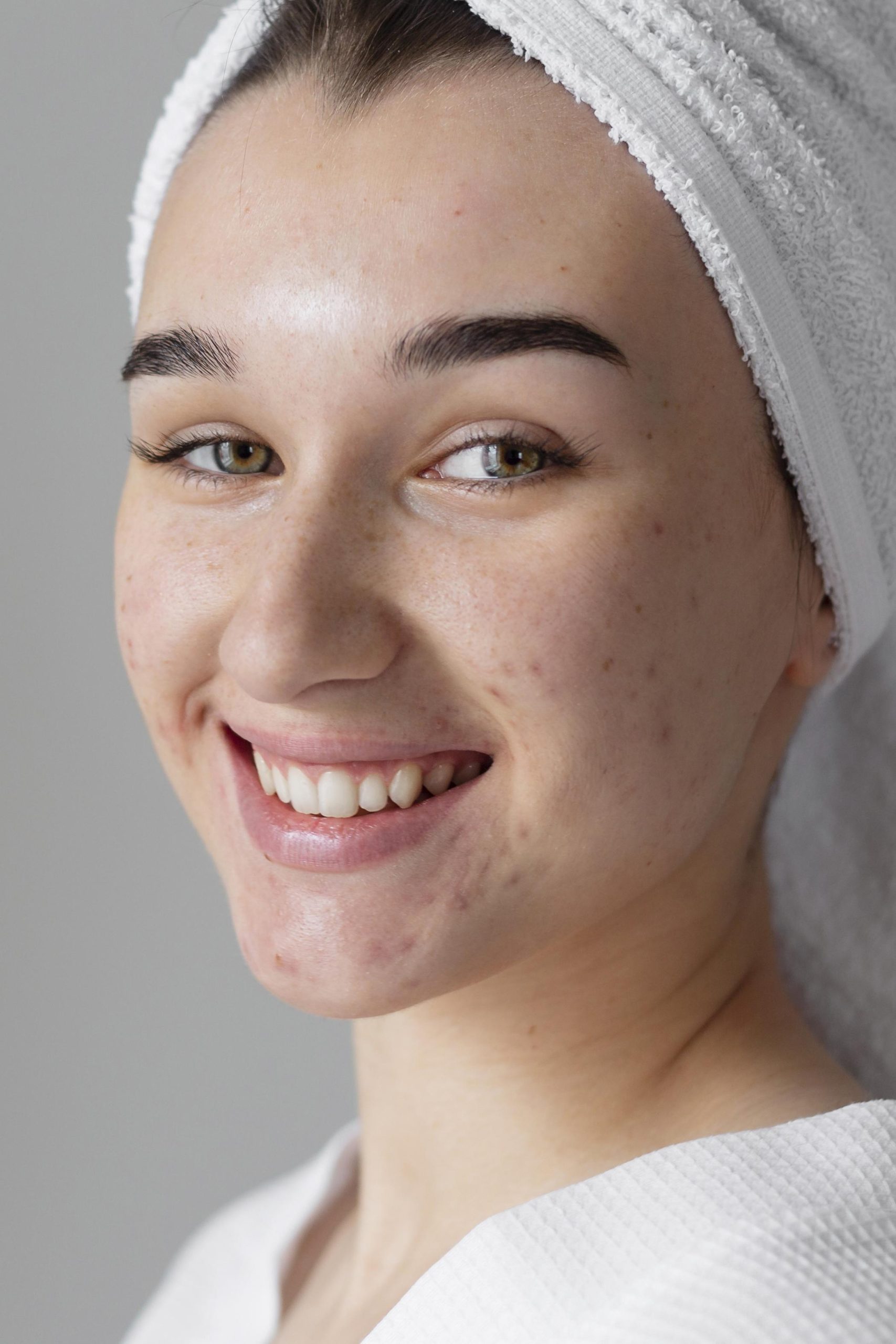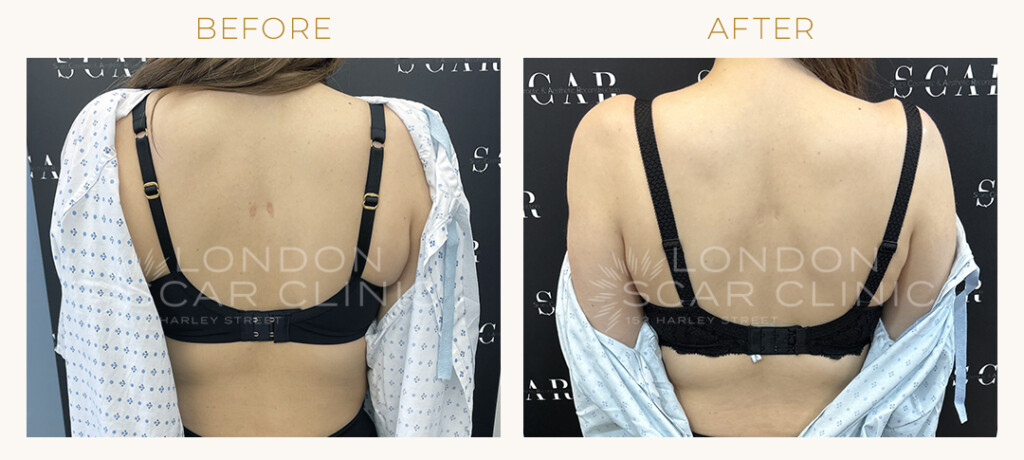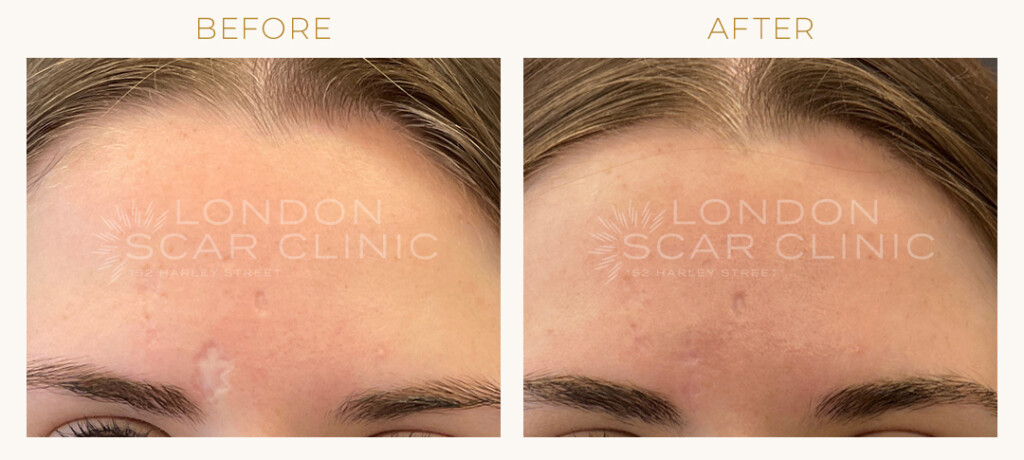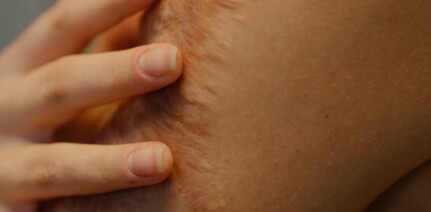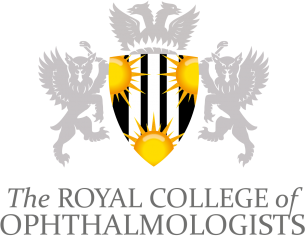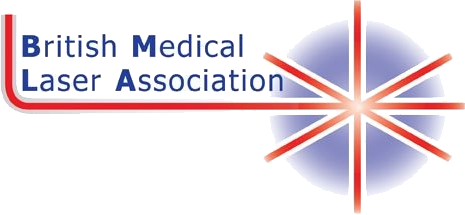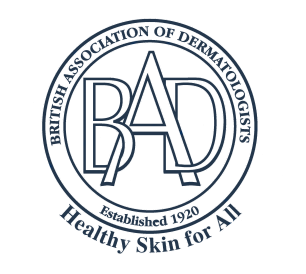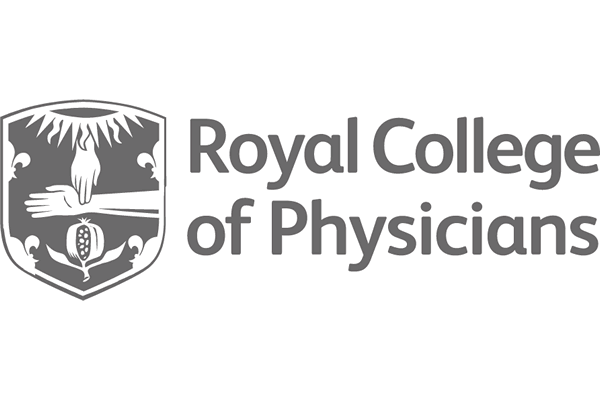Rejuvenate your skin and become a more confident and happier version of yourself with a scar revision procedure at The London Scar Clinic. Our surgical professionals restore skin vitality and improve the appearance of scars related to acne, surgery, and trauma.
What are the types of scars?
Given that the type of scar you have affects surgical scar removal, it is helpful to understand those different types. Raised scars – named “hypertrophic” scars – take on a thick and raised appearance, with the latter issue sometimes presenting functionality problems such as preventing you from wearing certain types of clothing. You may also have keloid scars, which are quite large and lumpy.
Atrophic scars take on a sunken appearance, indicating that the scar results from healing that has taken place underneath your skin but is still visible. Finally, there are contracture scars – tightening of the skin resulting from scar tissue forming over a wound, which creates a “pulling” sensation upon healing.
Almost all of these scar types can be treated with scar revision surgery.It is important to note that keloids have a high rate of reoccurrence, meaning scar revision needs to be combined with other treatments like laser or radiotherapy to avoid recurrence. You are welcome to discuss your scar type with experts from The London Scar Clinic consultant to determine the most suitable pathway for you.
Scar revision surgery – procedure details
Though our specific procedures vary depending on the nature of your scar, the following offers an overview of what you can expect before, during, and after scar revision.
Before the procedure
Our first step is always an evaluation – conducted by a highly-trained specialist at The London Scar Clinic – during which we assess your medical history and candidacy for the procedure. Typical points of interest include any medications you currently take, the conditions associated with those medications and other recent surgeries.
We recommend arriving at your appointment with details about these discussion points. Photographs will also be taken, both for the surgery and for “before and after” comparisons.
The scar revision surgery procedure
The scar removal procedure itself begins with the administration of a local anaesthetic. Your specialist will discuss this with you beforehand. Local anaesthetic is used for smaller scars, and sedation is typically used for larger or more complex scars.
We perform your scar revision by making small incisions around the scar tissue. This process lets us remove the tissues, with sutures and adhesive strips closing the wound. A dressing is then applied, with the process taking between 30 minutes and two hours, depending on your scar’s nature. Arrange your appointment with The London Scar Clinic specialists if you wish to learn more details about the scar revision process.
Recovery, outlook, and aftercare
Expect your consultant to recommend leaving your sutures in place for between five and 14 days. The exact period depends on your scar’s size and location. Downtime is also required for scar revisions, with the typical period being about two weeks.
You may see immediate improvements to your scar’s appearance after the surgery. However, it often takes between 12 and 18 months for the full effects – and outcome – of your treatment to become visible. Again, your consultant at The London Scar Clinic will discuss this with you both pre-and post-surgery to ensure your process expectations are accurate.
Scar revisions before and after examples
Scar removal in London
The specialists at The London Scar Clinic are experts who are happy to provide you with any information you need about scar revision. Get in touch with us today – we hope to welcome you to our clinic soon.
FAQs
What are the risks and side effects of scar revision surgery?
Minimal risk characterises our surgical scar revision process. However, you may experience slight swelling, bruising, and mild discomfort – all symptoms that disappear within two weeks of surgery.
How much does surgical scar revision cost?
We can only answer this question as part of a consultation, as each scar excision is a personalised process revolving around your scar, size, and location. Your consultant at The London Scar Clinic will discuss pricing after examining your scar.
What kind of anaesthesia is used?
Many scar revisions can be completed using a local anaesthetic applied to the target area. Complexity in your scar’s nature can alter this procedure, sometimes necessitating sedation.
How long does a scar revision take?
Between 30 minutes and two hours, depending on the type of scar you have.



